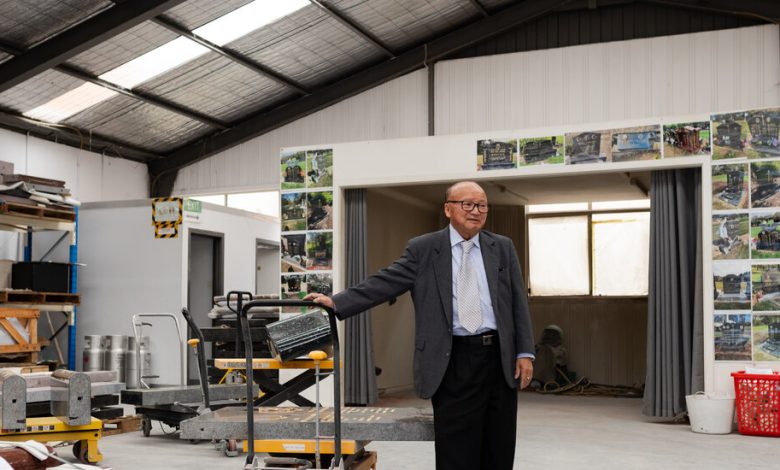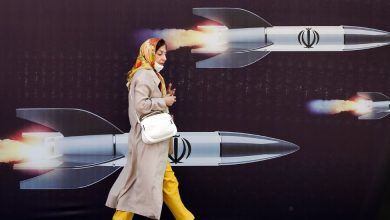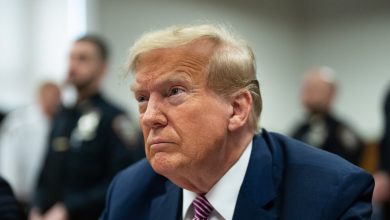Australia Wanted to Catch Chinese Spies. Is This Really Whom It Had in Mind?

The police officers asked the man what he meant when he said that involving an Australian government minister in a charity event could benefit “us Chinese.” Was he talking about mainland China and the Chinese Communist Party, or the local Australian Chinese community? Depending on the answer, he faced up to 10 years in prison.
“You are understanding the Chinese is China. We always say, ‘I’m Chinese,’ that not mean, ‘I’m mainland China,’” said the man, Di Sanh “Sunny” Duong, who was brought in for questioning.
The officer pressed on, according to a tape played for a jury. Was Mr. Duong effectively building a relationship with the minister, “who you thought would be the future prime minister, to support the views of the Chinese?” Another officer asked, “Mainland China?”
When Australia’s broad-stroke foreign interference laws were passed nearly six years ago amid rising concerns about covert Chinese government meddling in Western democracies, they were heralded as trailblazing by the United States and other countries. Blockbuster prosecutions revealing sophisticated tactics seemed to be just around the corner.
But the first case, Mr. Duong’s, came to trial only in November, and it was, by all accounts, a low-stakes affair. It involved throwing the weight of the Australian government against a suburban tombstone maker over diverging interpretations of two words (“us Chinese”), and a $25,000 donation to a community hospital that — prosecutors said — would at some point have become the basis for a pro-China pitch to a local member of Parliament.
In December, a jury found Mr. Duong, 68, guilty of preparing for or planning an act of foreign interference. Late last month, a judge sentenced him to two years and nine months in prison. He is expected to serve a year behind bars.



